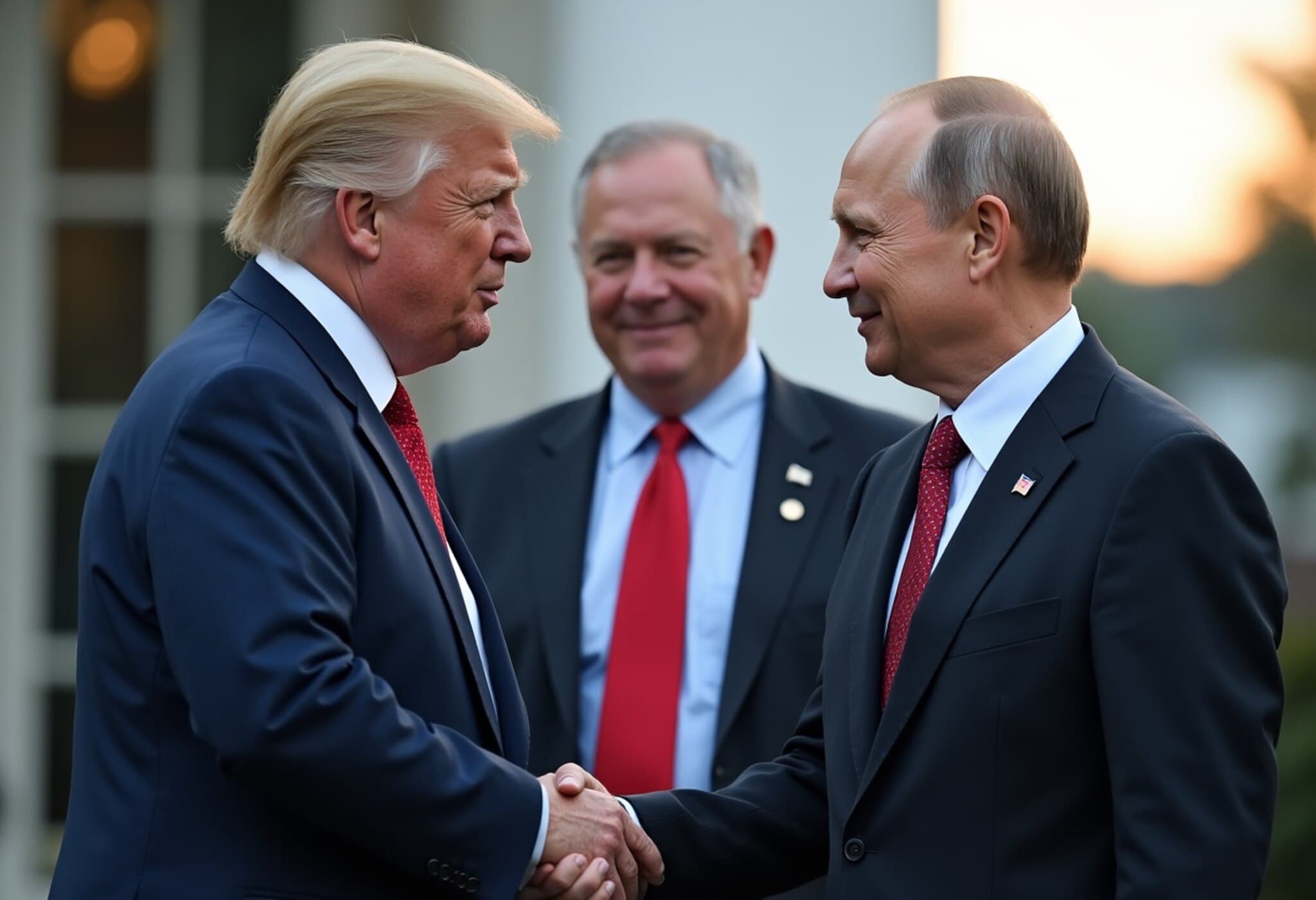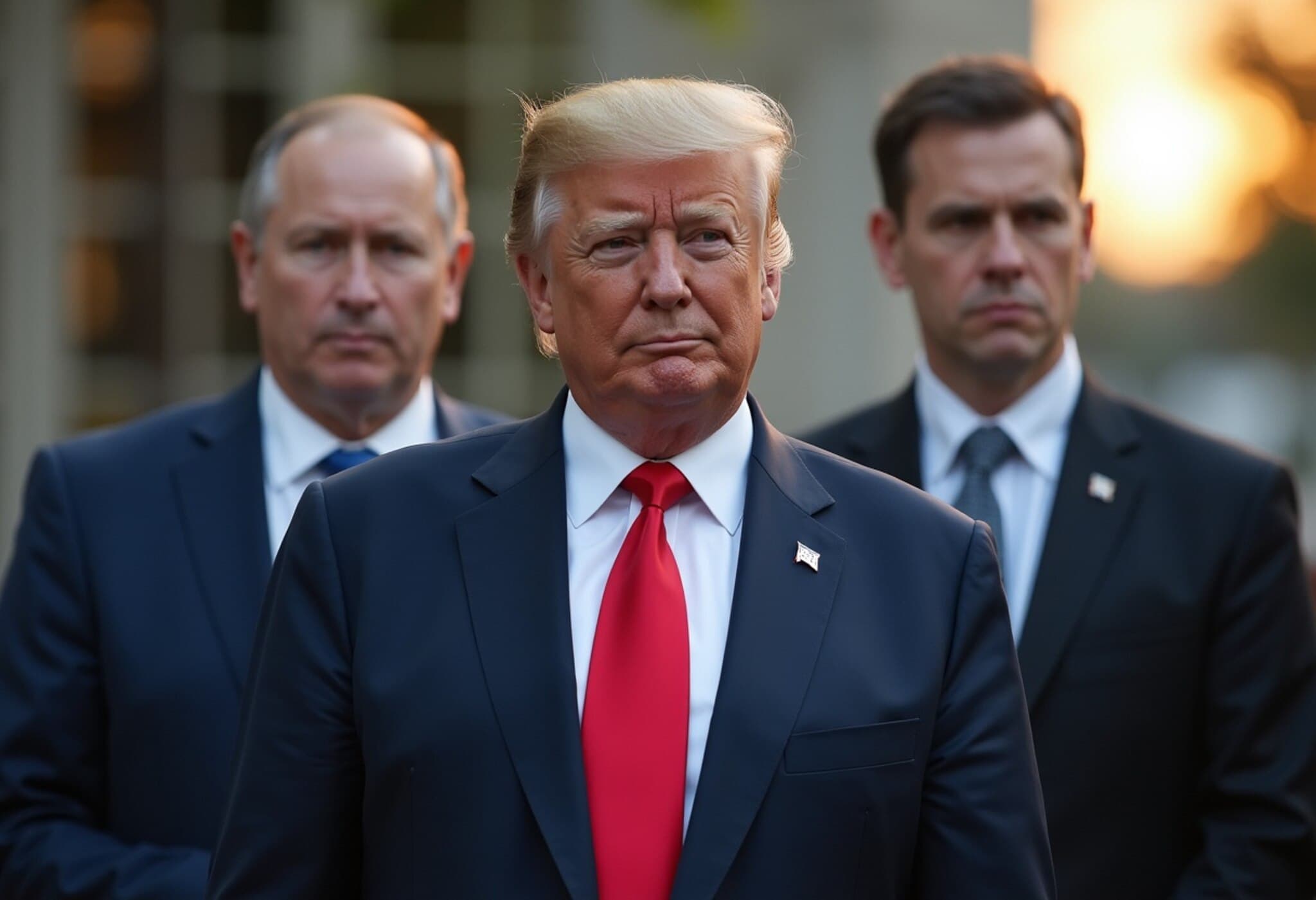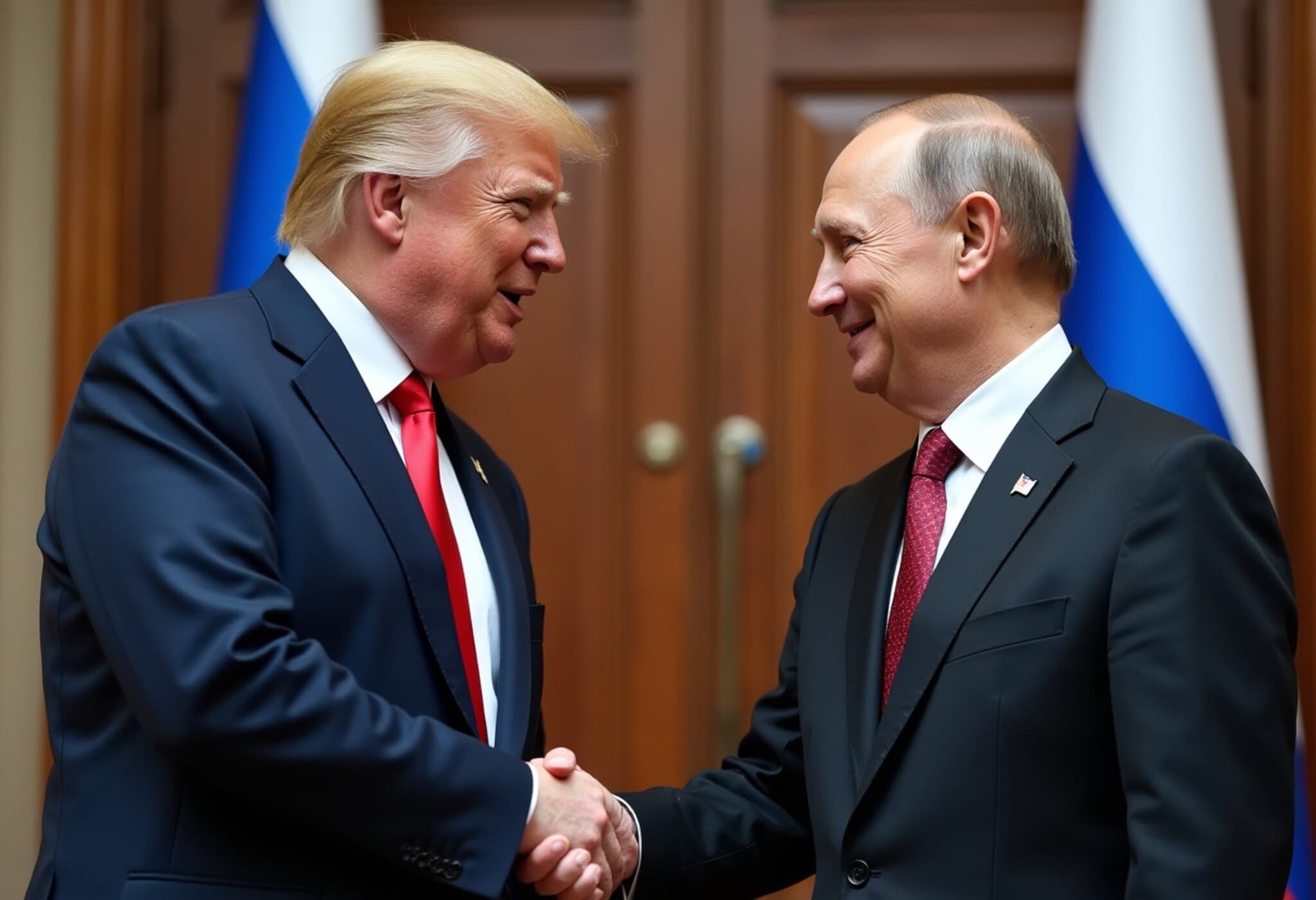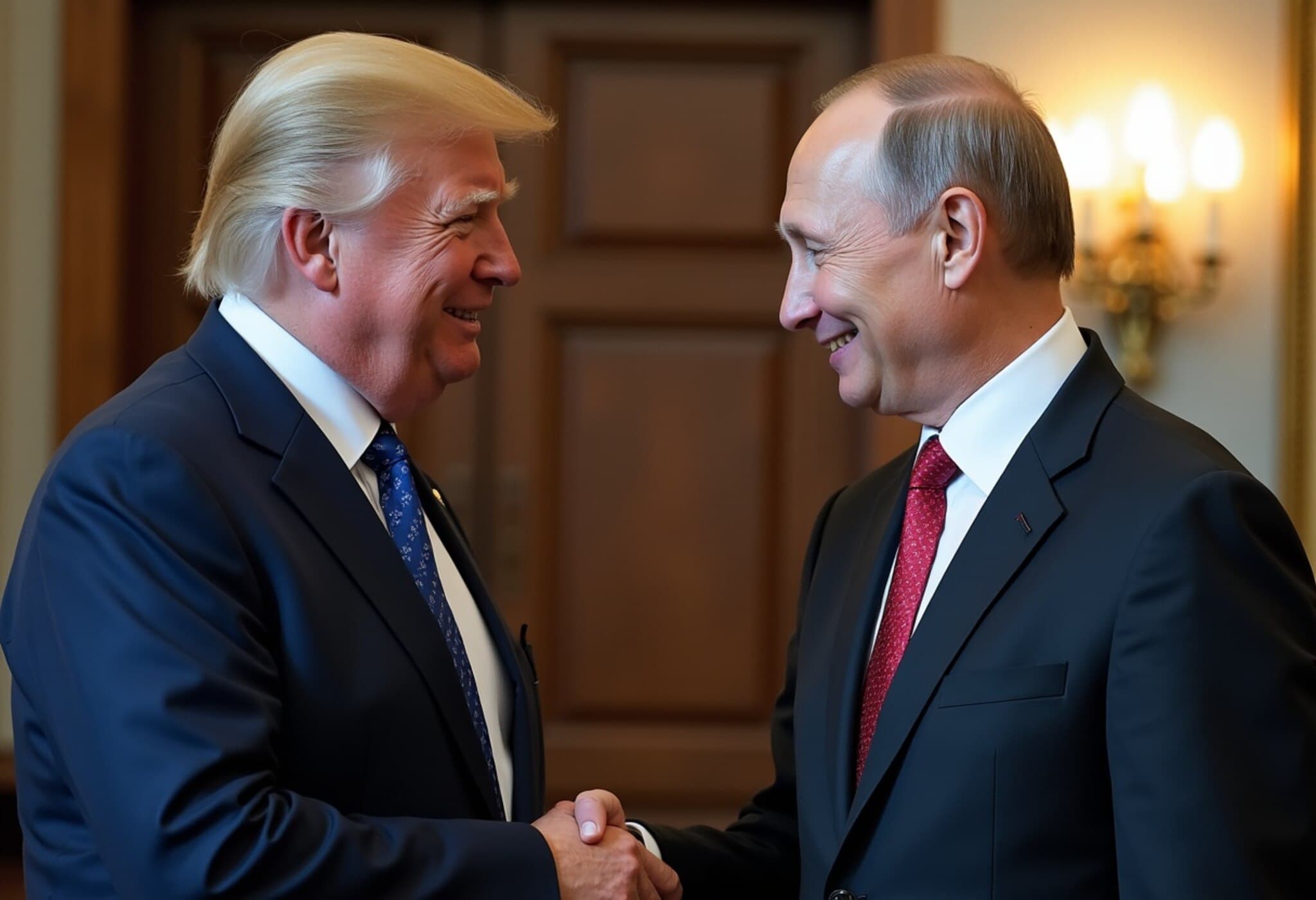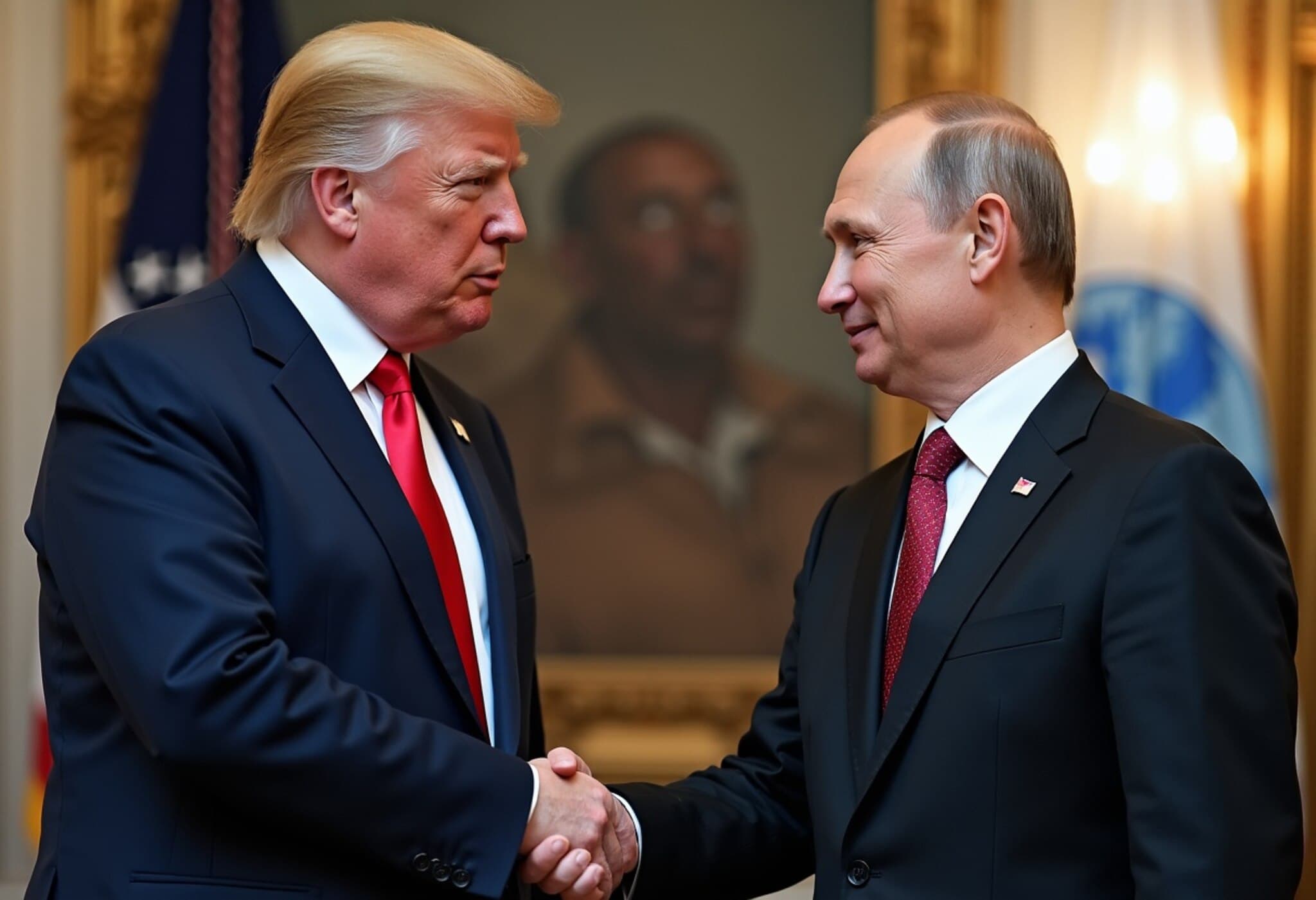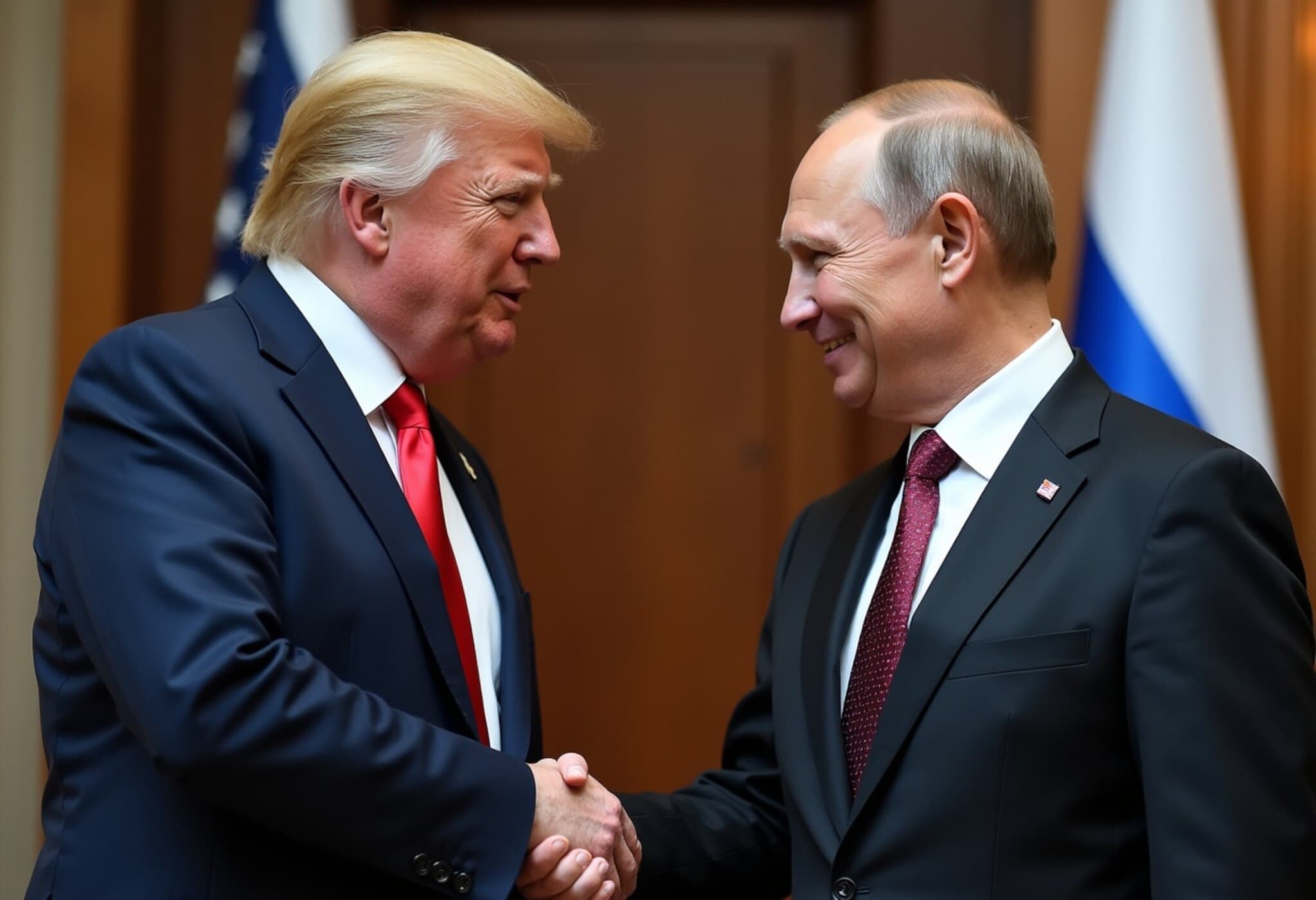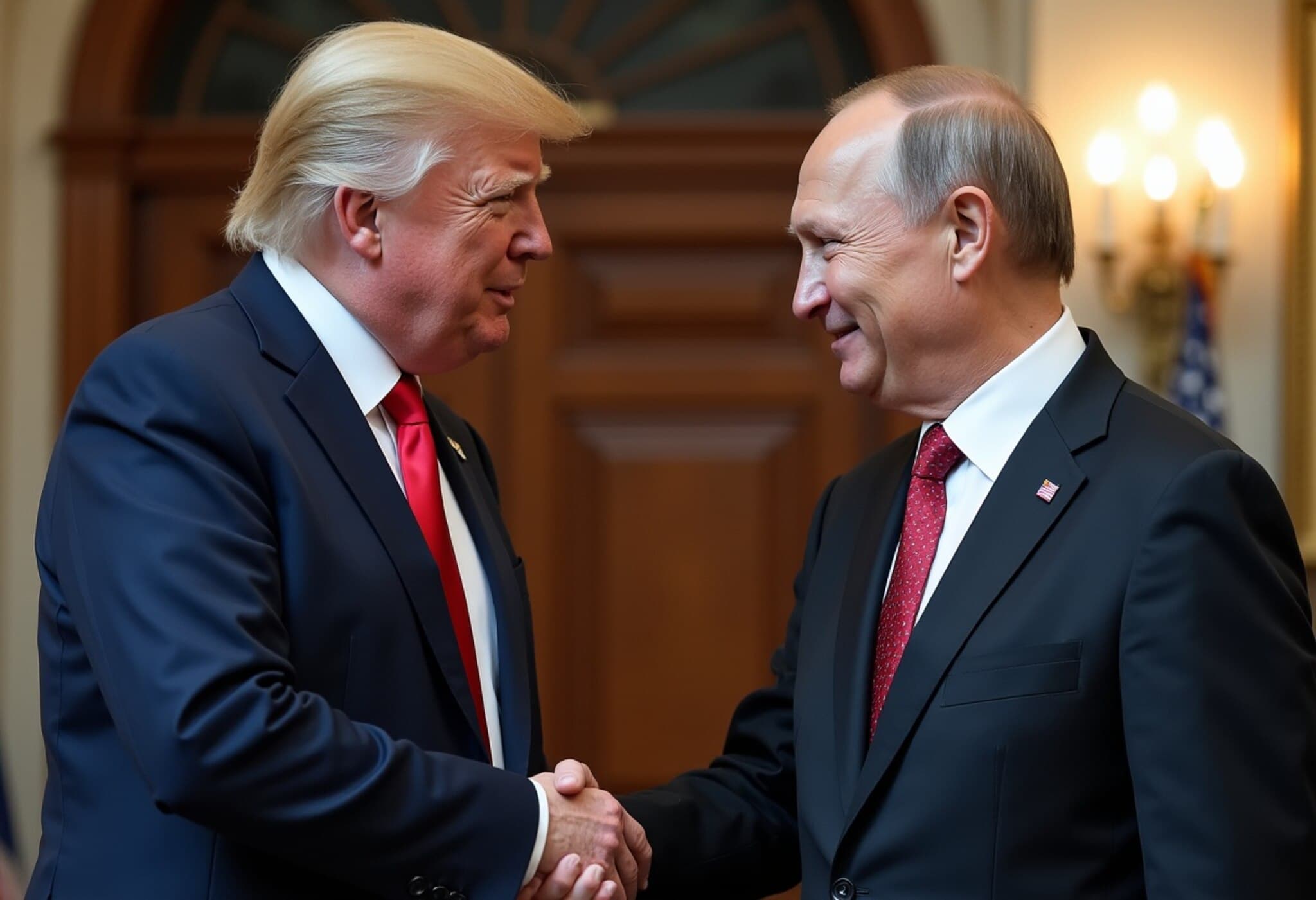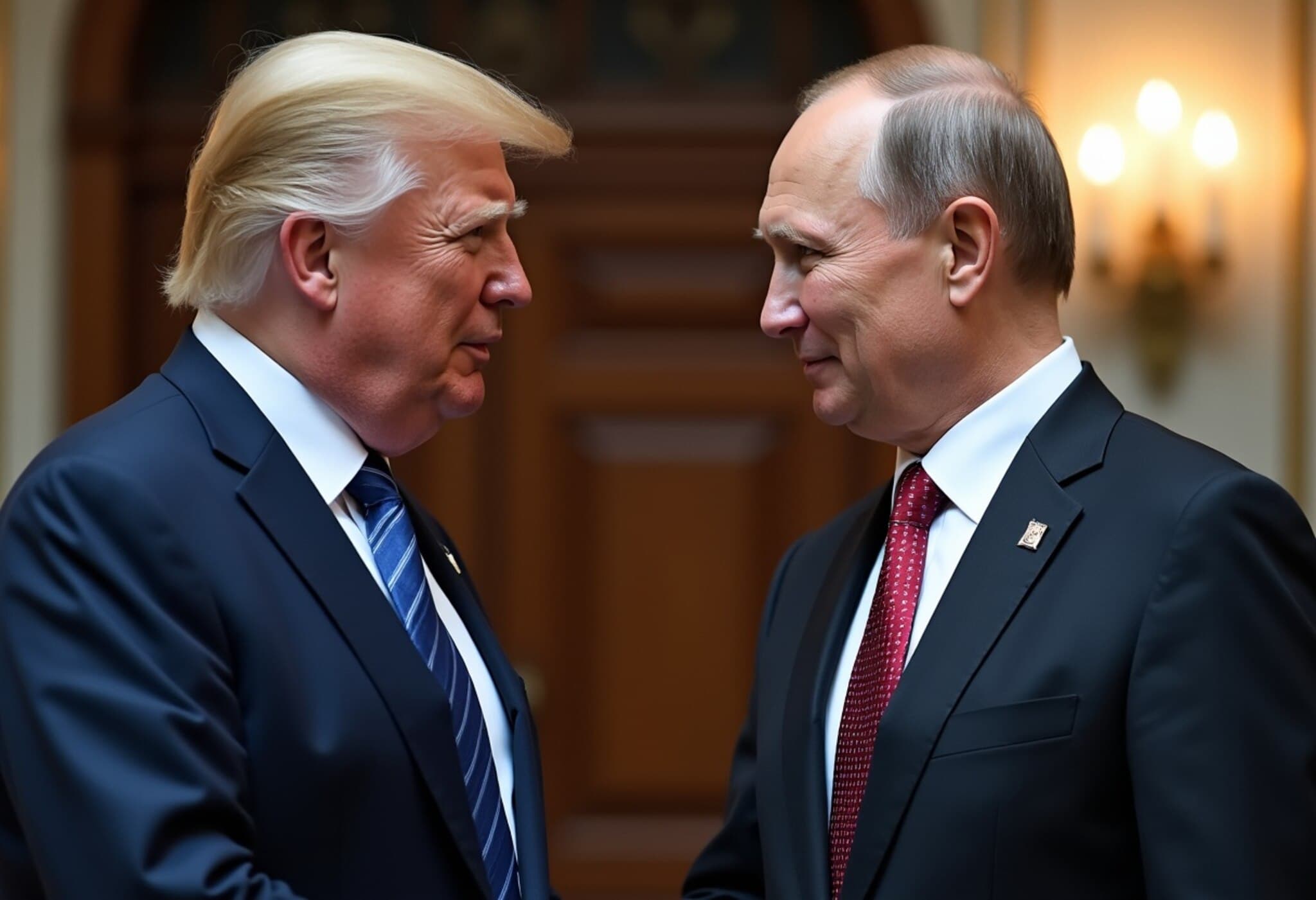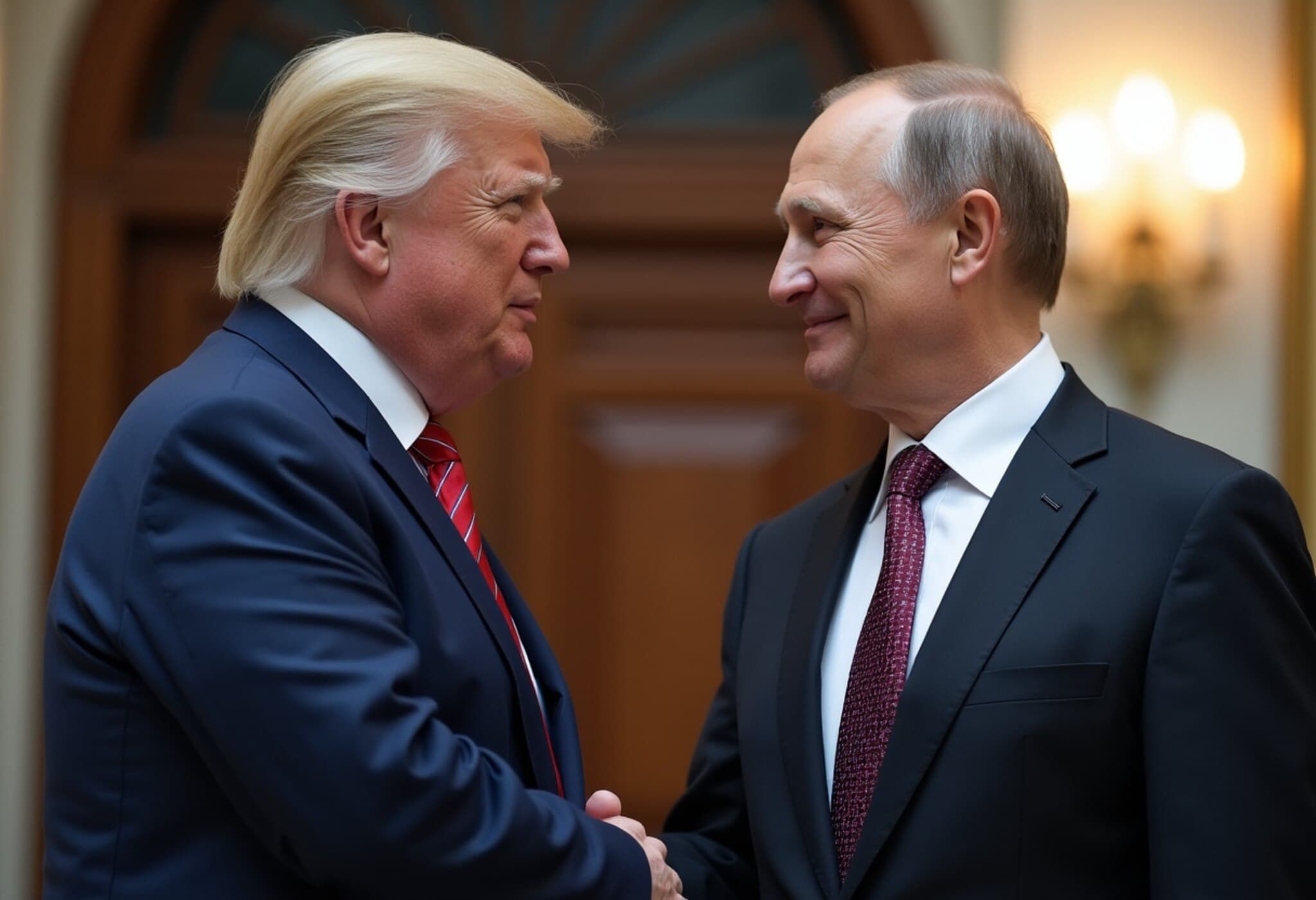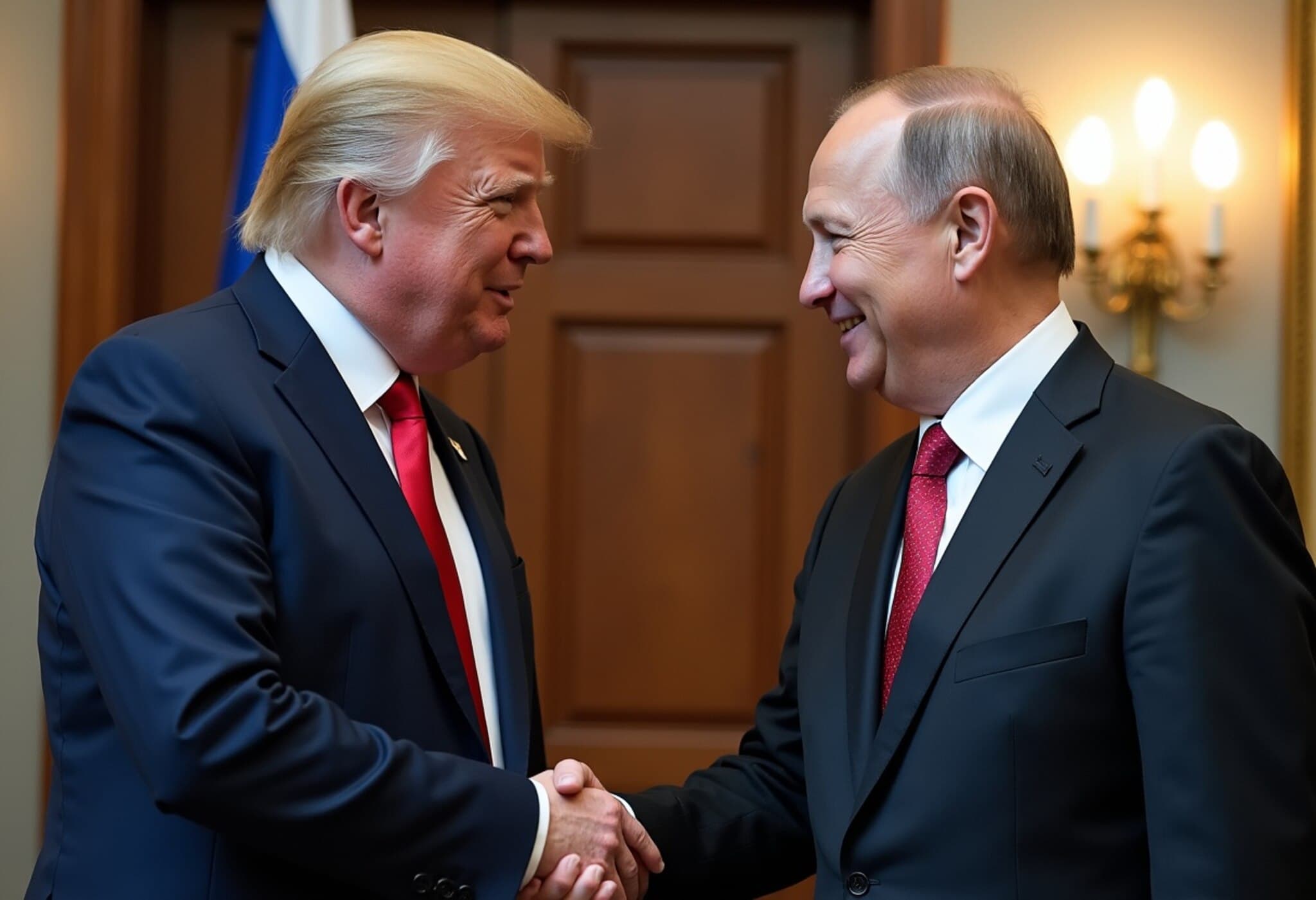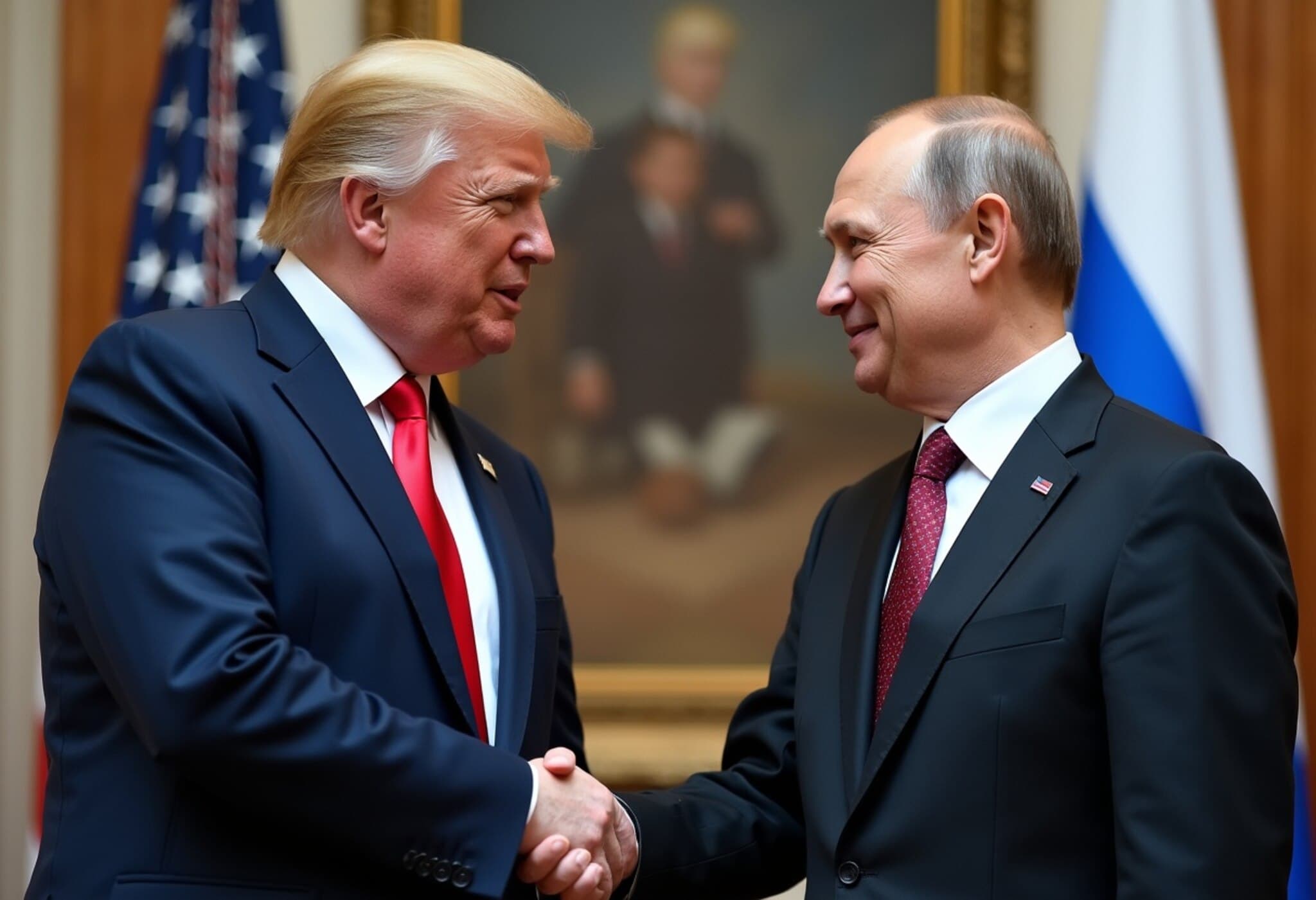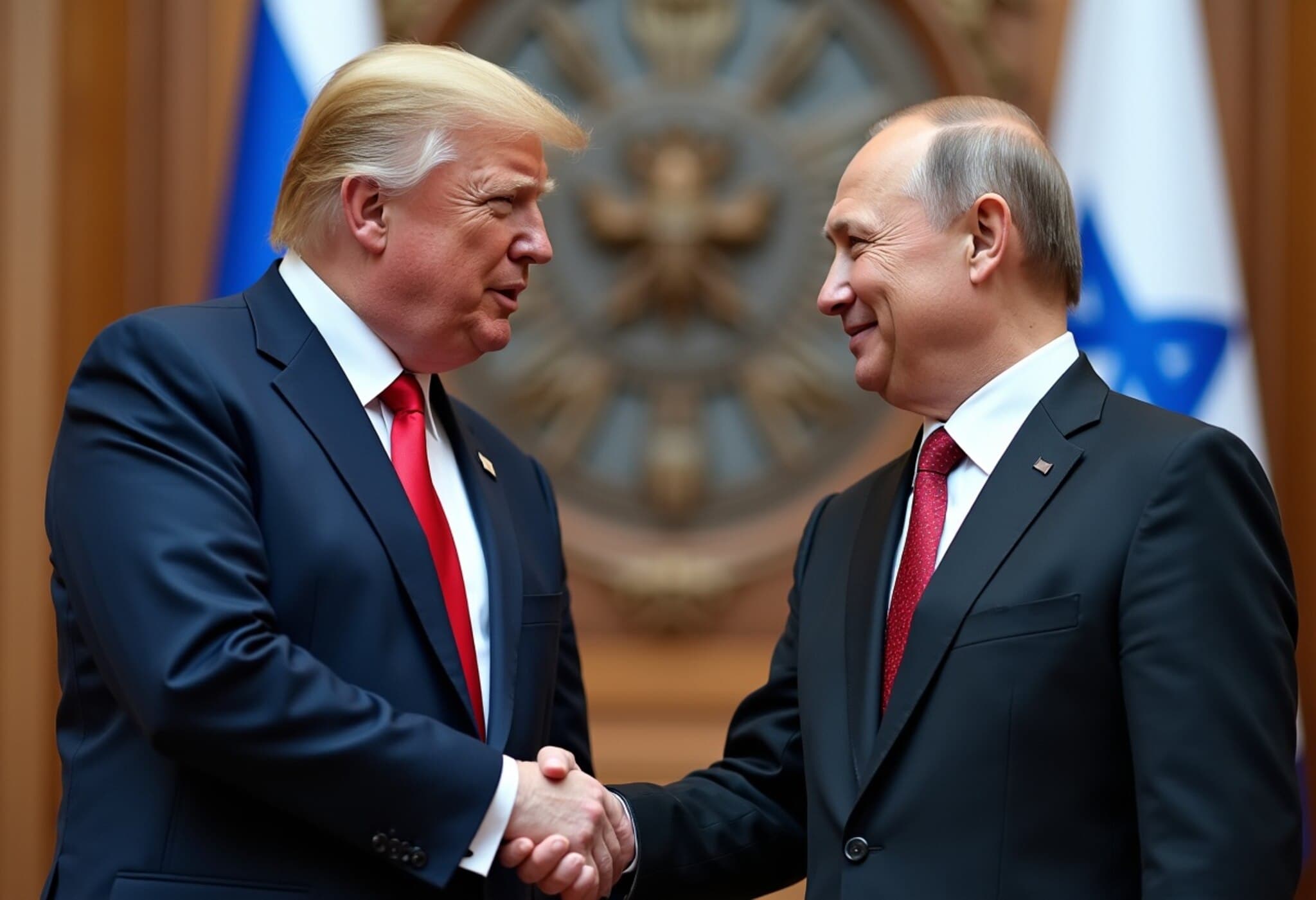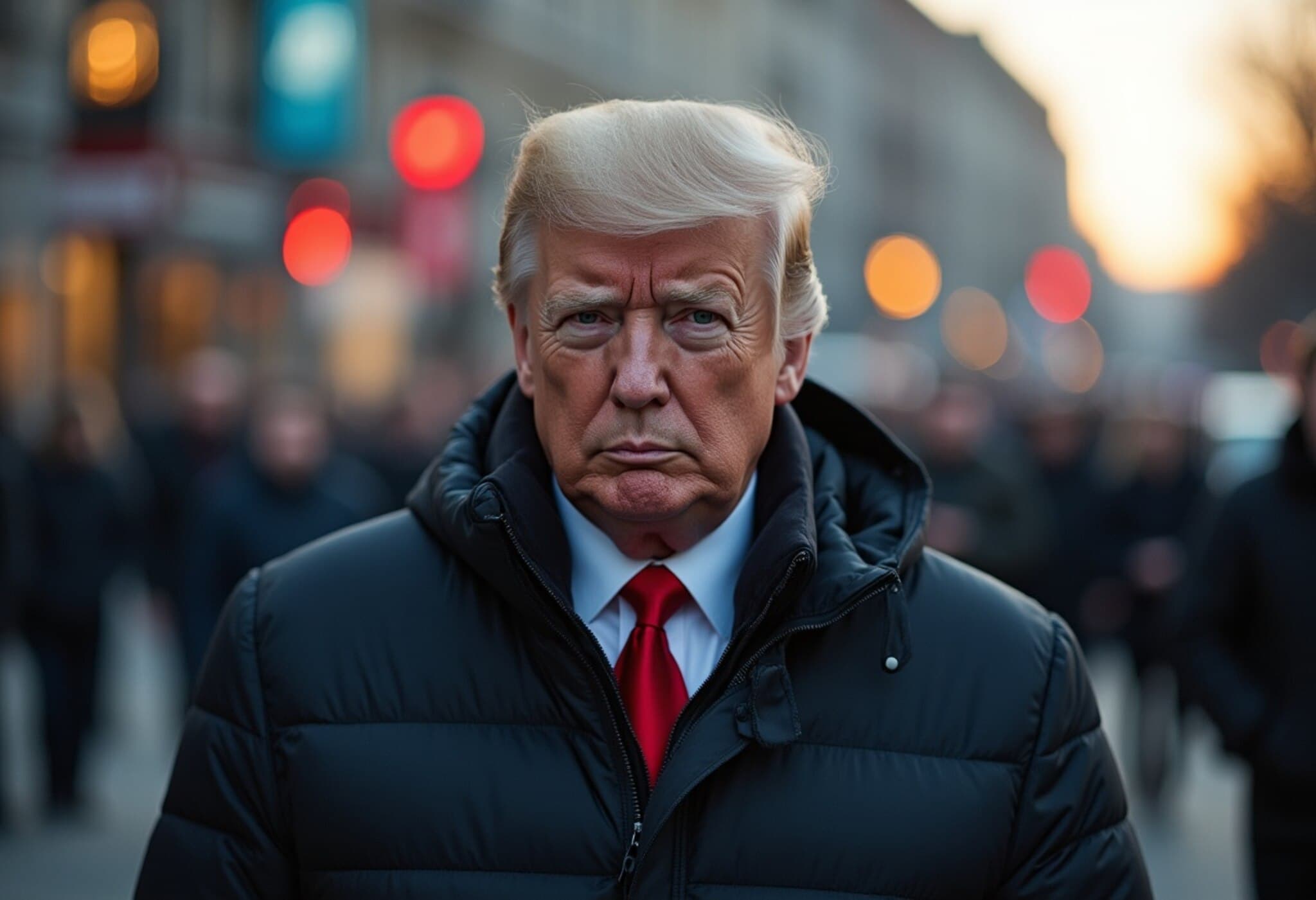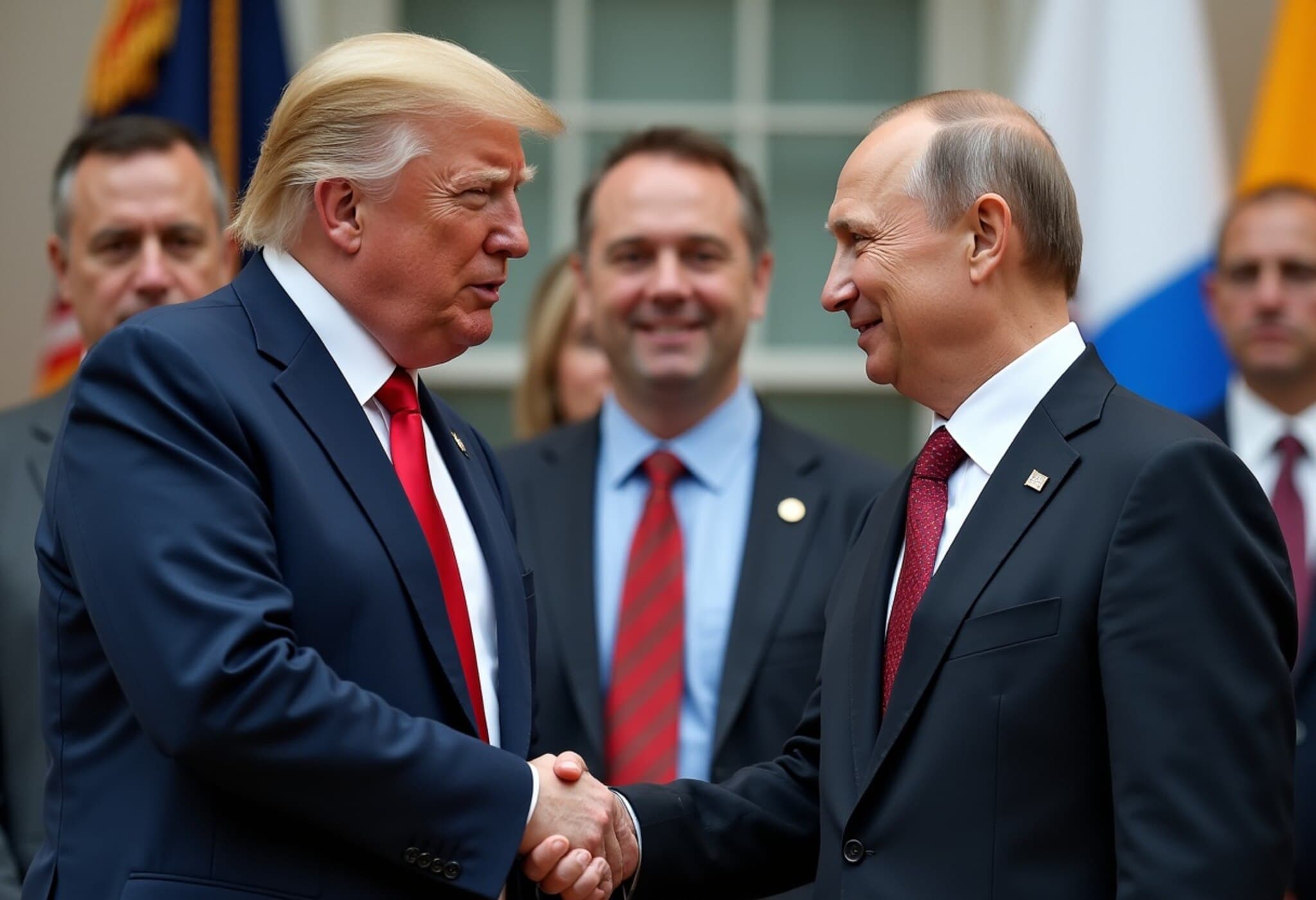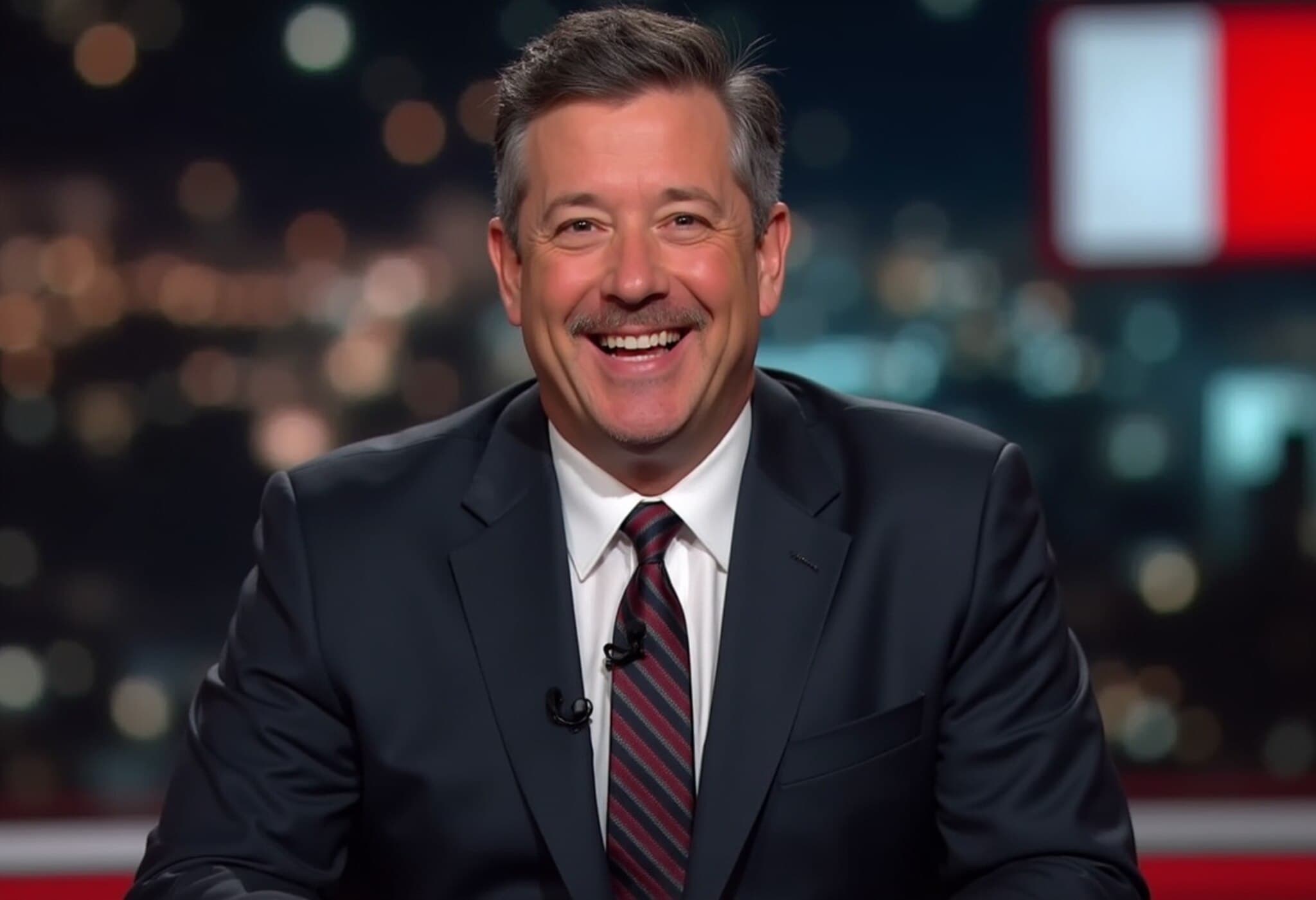White House Navigates Challenges to Host Trump-Putin Meeting in Alaska
As tensions in Eastern Europe persist, the White House is working intensively to organize a critical summit between President Donald Trump and Russian President Vladimir Putin, scheduled for August 15, 2025. The summit, aimed at potentially easing the ongoing conflict in Ukraine, underscores the complex interplay of diplomacy, security, and optics that define high-stakes international negotiations.
Why Alaska?
After extensive discussions behind the scenes, Alaska was selected as the meeting place, primarily due to its geographic advantage and security considerations. Sources close to the talks have revealed that Anchorage, the state's largest city, stood out as the only viable location capable of meeting the strict security protocols required for such a sensitive encounter.
Notably, Joint Base Elmendorf-Richardson, situated on Anchorage's northern outskirts, was identified as a potential venue. However, the White House expressed reservations about the optics of hosting President Putin and his delegation at a U.S. military facility. Such an image could evoke unintended political connotations, potentially complicating the diplomatic atmosphere.
Securing a Venue Amid Peak Tourist Season
The task of locking down a venue has been particularly challenging due to Alaska's busy summer tourist season, which drives demand for facilities and accommodations to soar. This seasonal surge has limited availability and increased logistical difficulties for hosting an event that requires uncompromising security and privacy.
Consequently, the White House officials assigned to coordinate the event have been "pulling out all the stops," liaising with local authorities and security agencies to finalize arrangements that satisfy both practical and diplomatic requirements.
High Stakes and Diplomatic Nuance
The summit itself comes at a pivotal moment in U.S.-Russia relations. On one hand, President Trump has taken a firm stance by approving increased U.S. military aid to Ukraine and warning sanctions on nations purchasing Russian oil. On the other hand, the personal nature of the meeting reflects Trump's desire to engage Putin directly, hoping to open channels for mediation and conflict resolution.
Senator Marco Rubio highlighted this motivation, stating, "The president feels like, 'I’ve got to look at this guy across the table. I need to see him face to face. I need to hear him one-on-one. I need to make an assessment by looking at him.'" Such personal engagement contrasts with the more detached diplomatic exchanges and signals an attempt to humanize a fraught interstate relationship.
Regional and Global Reactions
International attention is riveted on the summit's potential impact. Ahead of the Alaska meeting, German Chancellor Friedrich Merz has scheduled talks with leaders from Ukraine, the U.S., and key European allies. These discussions aim to coordinate pressure on Russia and explore frameworks for peace negotiations, addressing complex issues such as territorial claims and security guarantees.
The backdrop to these developments includes the International Criminal Court's arrest warrant for President Putin issued in 2023, adding a layer of legal and ethical gravity to the encounter. Navigating these sensitivities requires deft diplomacy and a clear-eyed acknowledgment of the geopolitical stakes.
Expert Insights
From a policy analysis standpoint, the choice of a remote yet secure location like Alaska is strategic. It balances the need for security against concerns about symbolism and media narrative. Furthermore, the personal dynamics between Trump and Putin could reframe U.S. engagement with Russia outside traditional governmental channels, a factor that many analysts view with cautious optimism and skepticism alike.
However, experts also warn that without concrete commitments or a clear roadmap, the summit risks being viewed as a photo opportunity rather than a substantive step toward peace. The logistical challenges underscore the broader difficulties in managing global crises where diplomatic theater and policy substance must align effectively.
Looking Ahead
- Will the Alaska meeting pivot the trajectory of the Ukraine war toward resolution?
- How will the U.S. reconcile its tougher tactical stance with hopes for negotiation?
- What role will allied nations play in shaping post-summit diplomatic strategies?
As the date approaches, the world watches keenly, awaiting signals that this summit could mark a turn in one of the most consequential conflicts of our time.
Editor’s Note
The Trump-Putin summit encapsulates the intricate dance between diplomacy, power politics, and global security. While venue woes and scheduling difficulties may seem mundane, they highlight the intense pressures behind the scenes when global leaders seek dialogue amid conflict. Readers should consider not only the summit’s immediate outcomes but the broader implications for international relations and conflict resolution in an increasingly polarized world.

